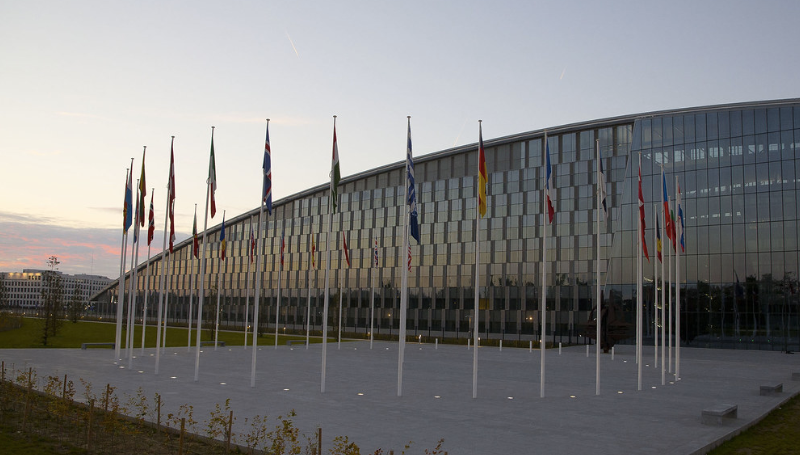Vazha Tavberidze
RFE/RL, May 26, 2022
“… now the Baltic Sea will practically become a lake [belonging to] NATO. Russia has a couple of 100 kilometers of shoreline in the Baltic Sea, which is 98 percent surrounded by NATO countries. So Russia’s ability to have any military operations there will be practically zero.”
After decades of neutrality, Finland has now formally applied to join NATO. The decision now lies with the parliaments of NATO countries, which need to ratify Finland’s application.
RFE/RL’s Georgian Service spoke to Major General Pekka Toveri, the former intelligence chief of the Finnish General Staff, and Colonel Petteri Kajanmaa, director of the Department of Military Skills at the National Defense College, about Finland’s changing security outlook, the potential stumbling blocks ahead, and why so-called “Finlandization” was never a good model for Ukraine.
The Path To NATO
RFE/RL: There might be possible stumbling blocks along the way to Finland’s NATO accession. Turkey, Hungary, even the Croatian president, seem to be unwilling to commit. How do you intend to deal with that? Can the United States persuade them?
Pekka Toveri: The Croatian president, as I understand, has a special relationship with the Russians, but the Croatian government has a totally different view and the president is not the one who determines things. Turkey might be more interesting and challenging. There’s been discussion between the Finnish political leadership and Turkey already beforehand about this thing. And I think what [Turkish President Recep Tayyip] Erdogan wants to do now is get some face time in this issue — in what in Finland we call “night milking,” meaning he wants to see what he can get out of this….
Note: These two interviews were conducted separately. The interviews have been abridged and edited for clarity
Vazha Tavberidze is a Vaclav Havel Journalism Fellow working with RFE/RL’s Georgian Service. As a journalist and political analyst, he has covered issues of international security, post-Soviet conflicts, and Georgia’s Euro-Atlantic aspirations. His writing has been published in various Georgian and international media outlets, including The Times, The Spectator, The Daily Beast, and IWPR.
To view the original article, click here


